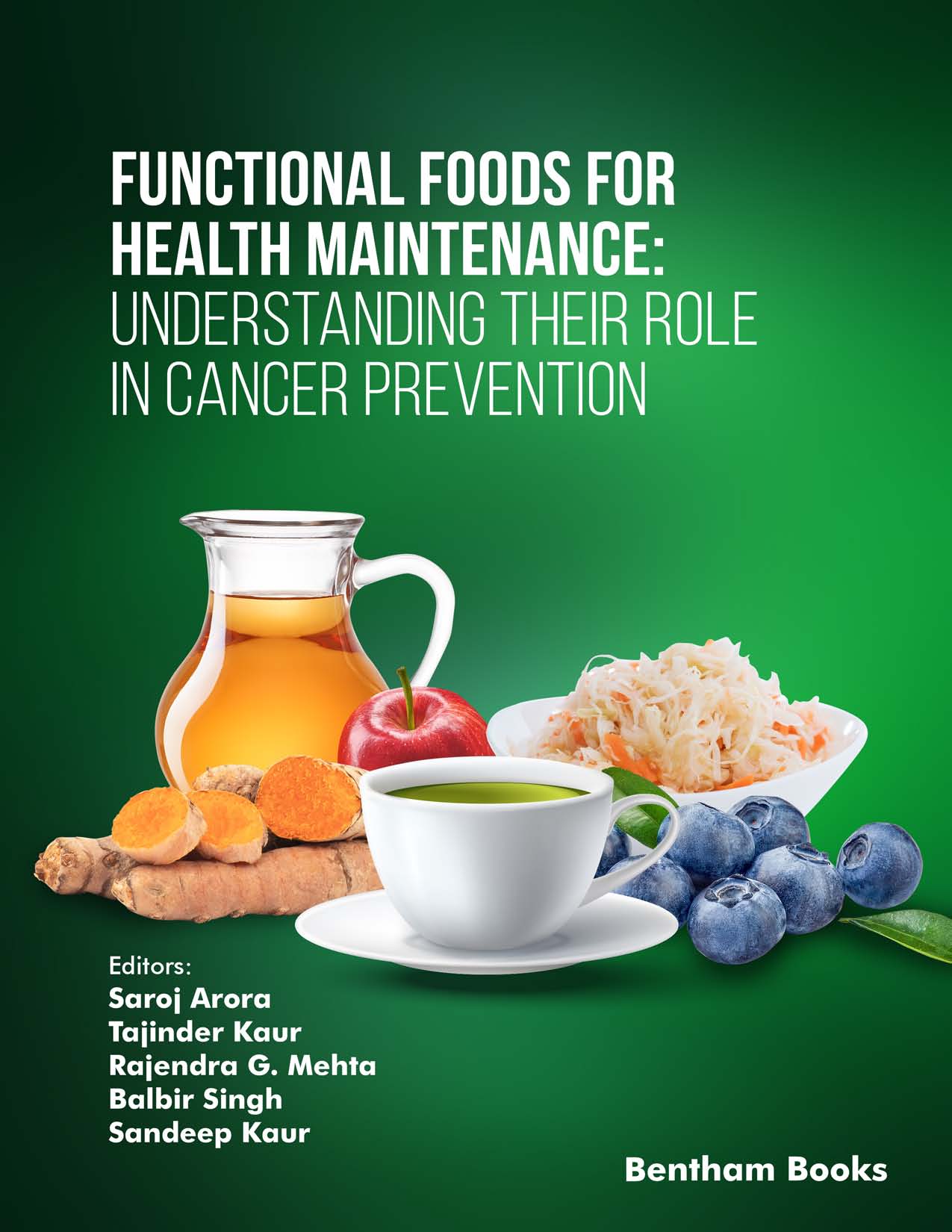Introduction
The comprehensive information about the inverse relationship between the incidence of cancer and the consumption of natural food has impacted our understanding of the biochemical mechanisms behind cancer and its treatment.
Functional Foods for Health Maintenance: Understanding their Role in Cancer Prevention
is a review of pre-clinical studies unraveling the chemotherapeutic potential of phytochemicals and other food sources. The editors attempt to summarize the evidence, methods and techniques for identifying specific nutraceuticals and foods capable of interfering and reducing the risk of cancer.
The book compiles 19 edited chapters that cover the chemopreventive effects of different phytochemicals, animal and stem cell models for cancer prevention, and novel nanotechnology-based nutraceuticals. The contributors have also highlighted the techniques employed for the detection of cancer with a review on cancer biomarkers. The book is a resource for post-graduate students and researchers working in the field of nutrition, molecular biology, chemoprevention, biochemistry and pharmaceutical sciences.
Audience: Post-graduate students and researchers working in the field of nutrition, molecular biology, chemoprevention, biochemistry and pharmaceutical sciences.

